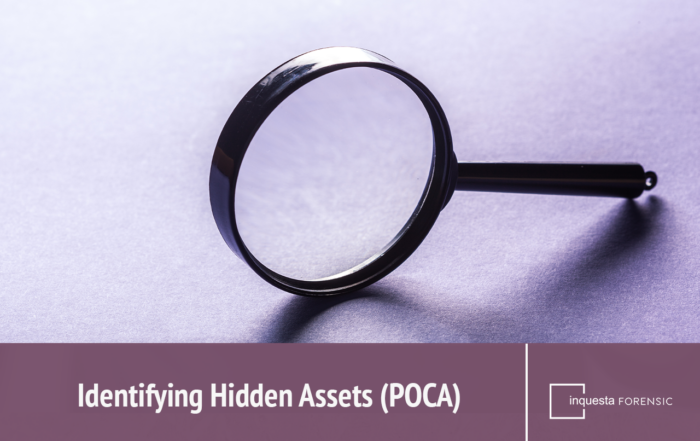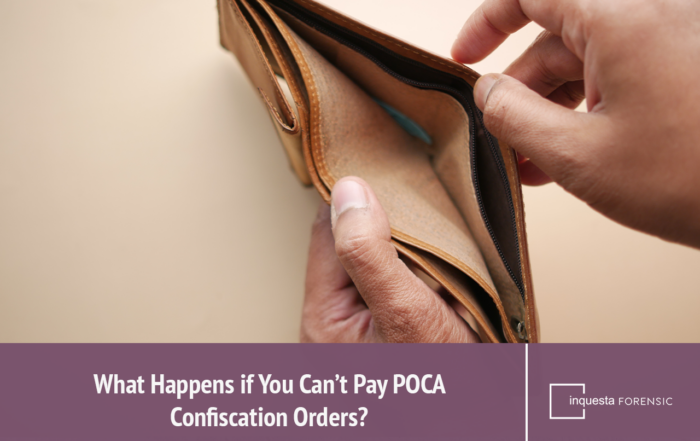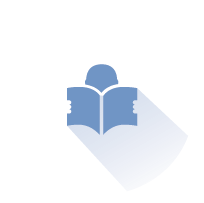
CRYPTOCURRENCY FRAUD INVESTIGATION
As the trading and holding of digital assets becomes more and more widespread, so too does the risk of it being used in connection with scams and other criminal activities. Our team of forensic accountants are perfectly placed to help limit your exposure through a cryptocurrency fraud investigation.
How Forensic Accounting can Assist with Cryptocurrency Fraud Cases
The surge in the trading of digital assets goes hand in hand with the rise in cryptocurrency fraud cases in the UK and around the world. One of the most common reasons for this boom in cryptocurrency fraud can be attributed to the relative anonymity, and the lack of any one centralised supervision unit. This is where forensic accounting can be invaluable. Cryptocurrency forensics experts are hugely experienced and skilled accounting professionals who have chosen to go above and beyond with their training.
Be it during a divorce/ matrimonial dispute, during a litigation, or when acting as an expert witness, getting across the intricacies and important details of a cryptocurrency investigation is vital. Due in part to its relatively new position in our society and its complicated nature for the unaware, blockchain and cryptocurrency are not, by any means, universally understood.
One of the most important aspects of a forensic accountant’s job is their ability to unearth vital hidden data and information. As mentioned above, the relative anonymity of digital assets represent an opportunity for potential scammers. However, digital currency is neither totally untraceable or completely anonymous. There are in fact a few ways an expert can link a digital wallet to the owning party. This includes examining transactions, speaking to other parties involved, analysing internet traffic history, and more.
Additionally, since all cryptocurrency transactions are recorded on the blockchain, and the most recognised names in the field (Bitcoin, Etherium, etc.) are public ledger traded (anybody within the network can see and analyse any transactions made), cryptocurrency can actually be highly useful for getting to the bottom of a forensic investigation.
What Makes Cryptocurrency Investigations Challenging?
Cryptocurrency investigations have often been incredibly difficult for law enforcement and accountants alike. This has been due to how new the practice is, it being unregulated, the speed with which crypto can be moved and traded from account to account, and how often innovations in the field are cropping up.
One of the most challenging aspects of cryptocurrency investigations can be the use of methods such as P2P networks, privacy coins, nested exchanges etc. to conceal the identity of those taking part in a transaction.
Additionally, as covered above, despite not being impossible, tracing cryptocurrency to the rightful owner can be difficult. New techniques created to further enhance anonymity only make the investigation process more difficult.
Types of Cryptocurrency Fraud
Cryptocurrency fraud is a growing field, with all manner of different types of cryptocurrency scams cropping up all the time, including:
- Financial Crime: Money-laundering, tax avoidance, etc.
- Fraudulent Initial Coin Offerings (ICOs): The first ever sale of a crypto, an ICO, is a common method of fraud.
- Market Manipulation: Attempting to manipulate the market for ones gain
- Ponzi Schemes: The uninformed can often be caught up in ponzi schemes.
- Theft: Hacking of crypto wallets, setting up fake exchanges, etc.
- Fake Crowdfunds: When new crypto comes out they may opt to crowdfund to raise money. It’s possible for this money to go missing.
The Forensic Accounting
Process for Cryptocurrency Fraud Prevention
A cryptocurrency fraud investigation has a variety of different important, complicated steps to go through. From initial consultations in order to collate information on your exact situation, right through to potentially representing you in court, cryptocurrency forensics are designed to ensure that every part of the process is undertaken efficiently and effectively to achieve the ideal result for our clients.
The forensic accounting process for cryptocurrency fraud prevention will often include:
Free eBook: The Complete Guide to Forensic Accounting
Whether you’re in the middle of a divorce, are having a disagreement with a fellow shareholder, you’re accused of/have been victim to financial crime, or are the subject of a POCA order, there is a huge variety of ways a forensic accountant can assist and support you through any situation, no matter how complicated.
Whatever your situation, our free guide to forensic accounting is designed to help you to better understand the work done by our team of experts. We cover how the process works, when a forensic accountant’s skill set can help you, their specific areas of expertise, and much more.
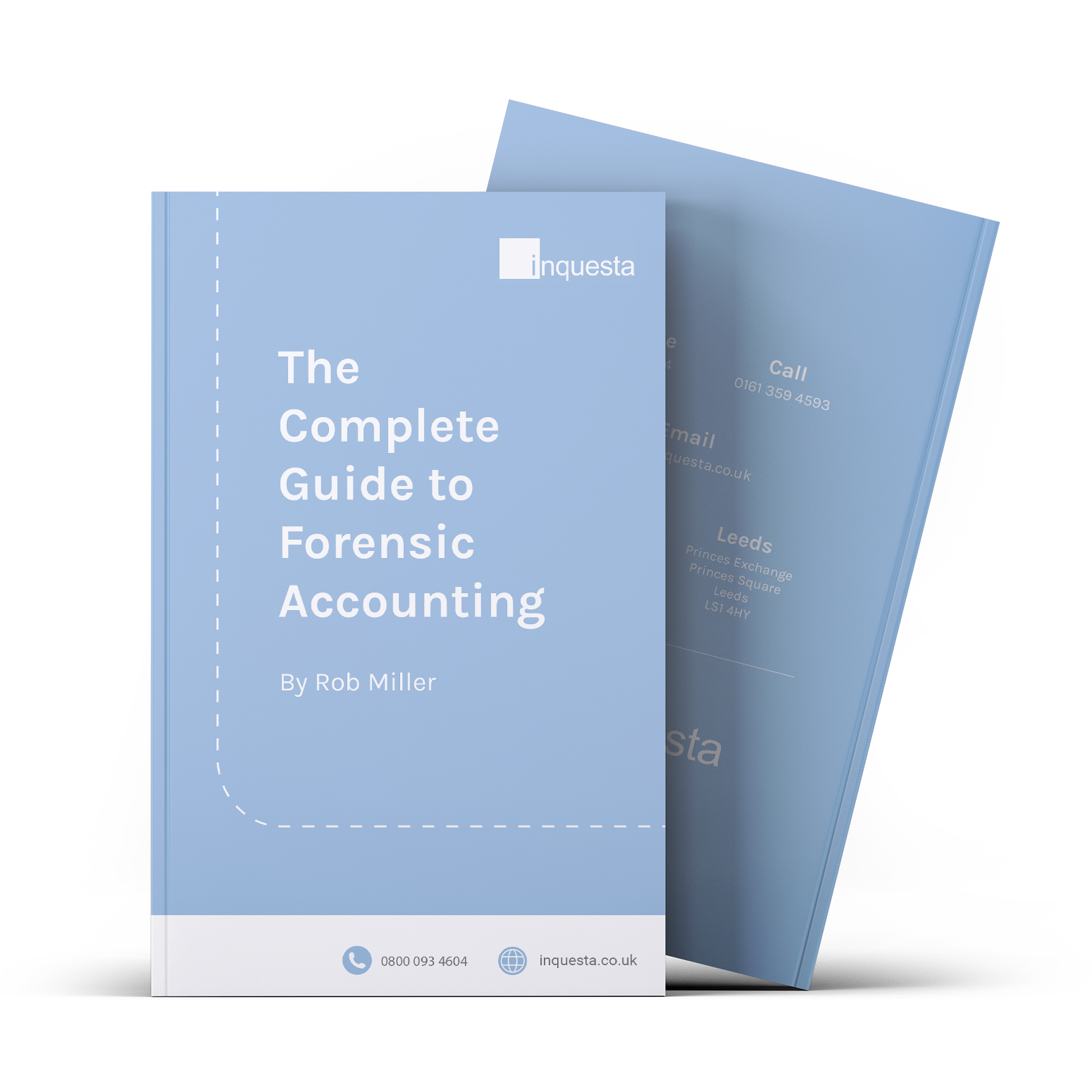
How Inquesta Can Help with Cryptocurrency Fraud Cases
Due to the constant innovations in the field, conducting an effective cryptocurrency fraud investigation requires a thorough, meticulous approach that leaves no stone left unturned.
Inquesta’s team of expert forensic accountants are on hand to assist you, no matter your needs.
With decades of experience in dealing with traditional cases of financial fraud, paired with a deep understanding and insight into the still relatively new world of cryptocurrency, our cryptocurrency forensics team possess the expertise to assist you with a variety of situations. This includes:
- The tracing of cryptocurrency assets
- Digital assets during divorce<
- Bankruptcy
- Fraud
- Corruption
- Litigation support
- Act as expert witness
From initial enquiries, assessment of information and data, through to the intricacies of a cryptocurrency fraud investigation, and acting as an expert witness — we remain by your side, offering vital support throughout the process.
Get In Touch
Our Specialist Team
Inquesta has assembled a team of forensic accounting specialists that are perfectly placed to assist — whatever your requirements may be.
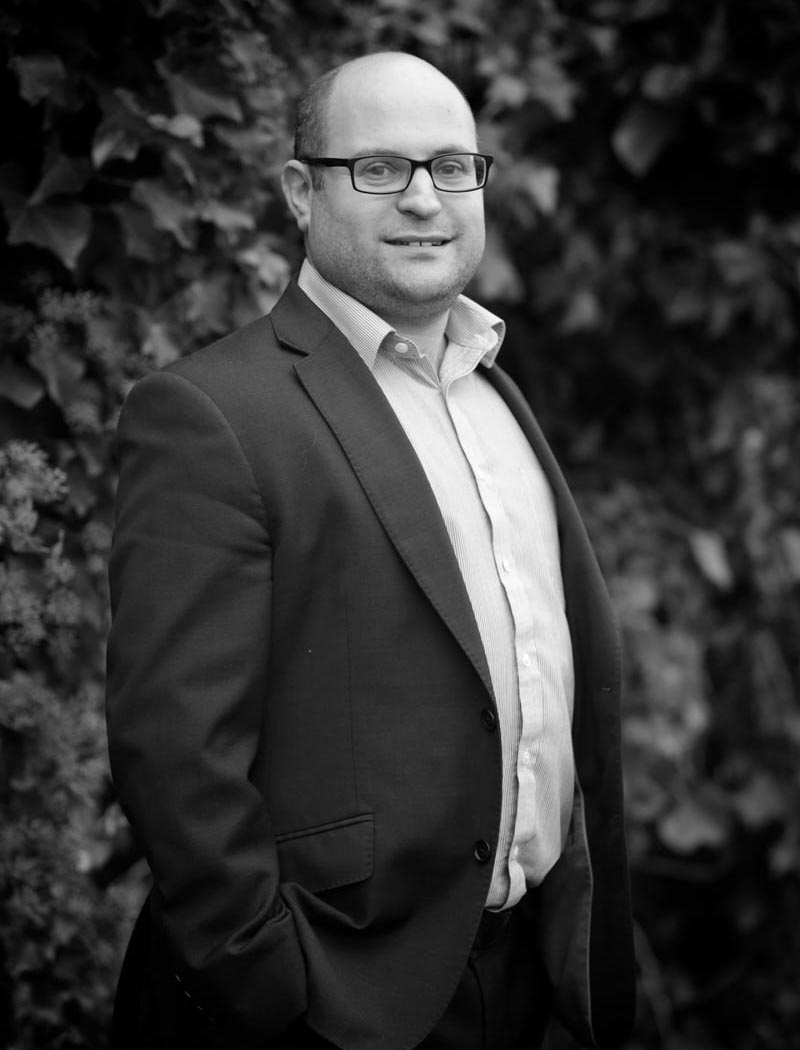
Rob Miller
Director of Forensic Accounting
A co-founder of Inquesta, Rob Miller is a chartered accountant, a member of the Institute of Chartered Accountants in England and Wales (ICAEW), and a Practising Member of The Academy of Experts.
With decades of experience in providing specialist forensic accounting services, Rob has been instructed to assist with numerous cases — such as financial investigations, criminal defence and confiscation proceedings, commercial and contractual disputes, valuation matters, and much more besides. He has acted on behalf of claimants, defendants, and as a single joint expert.
“Rob Miller is my first choice for forensic accountancy on criminal cases. He has an impressive eye for detail and adopts a ‘user-friendly’ approach to interaction with our clients and other professionals which ensures the smooth running of any task we instruct him to undertake.”
Free Guide: The Complete Guide to Forensic Accounting
Whether you’re in the middle of a divorce, are having a disagreement with a fellow shareholder, you’re accused of/have been victim to financial crime, or are the subject of a POCA order, there is a huge variety of ways a forensic accountant can assist and support you through any situation, no matter how complicated.
Whatever your situation, our free guide to forensic accounting is designed to help you to better understand the work done by our team of experts. We cover how the process works, when a forensic accountant’s skill set can help you, their specific areas of expertise, and much more.

FAQs
Latest Articles
Defending Against Criminal Lifestyle (POCA) Allegations
Are you working with a client accused of leading a criminal lifestyle? Such accusations can be grave, and they can seriously jeopardise a person's reputation, assets, and even their way of life. In this blog [...]
Identifying Hidden Assets (POCA)
Have you ever wondered how authorities track down and identify hidden assets in the POCA process? These assets, obtained via criminal activities and hidden, in some cases, all over the globe, must be located if [...]
What Happens if You Can’t Pay POCA Confiscation Orders?
What happens if you can’t pay POCA confiscation orders? If you don’t know the answer to this question, and ever find yourself in this position, you could leave yourself open to serious trouble that could [...]


